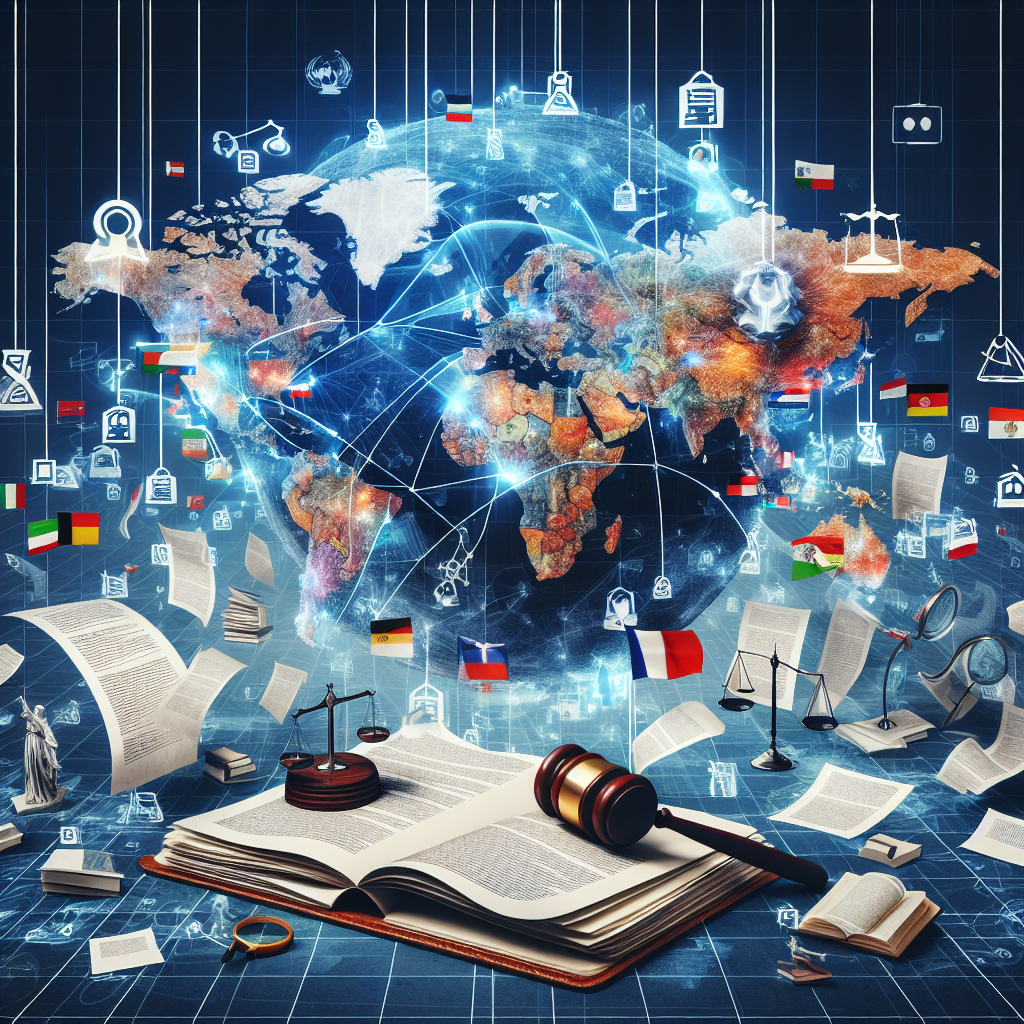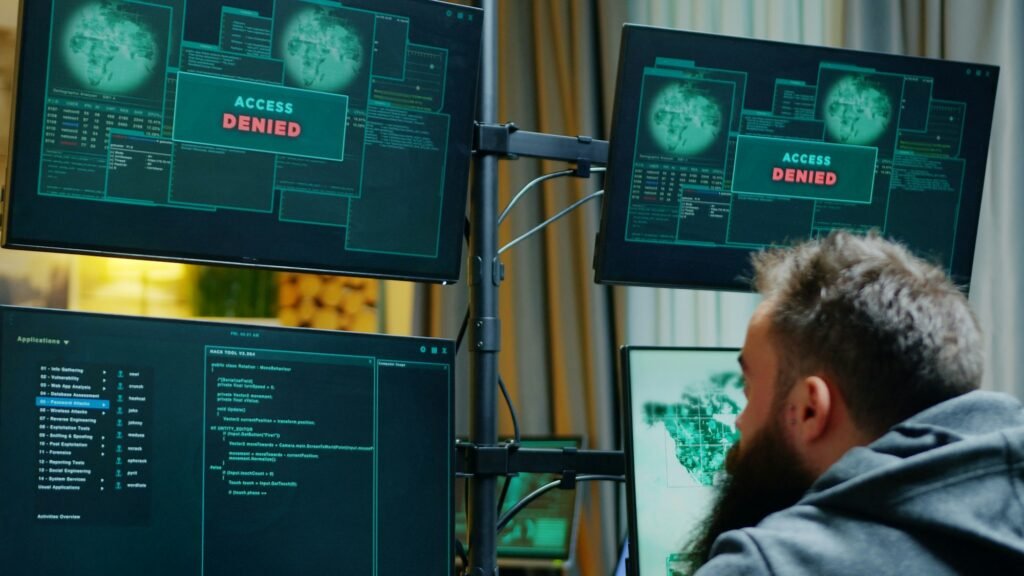The Role of Technology in Global Legal Compliance
The Role of Technology in Global Legal Compliance
In the ever-evolving landscape of international business, "The Role of Technology in Global Legal Compliance" is more crucial than ever. Organizations operating across borders face complex legal frameworks, making compliance a challenging yet vital task. This article delves into how technology streamlines global legal compliance, ensuring businesses stay ahead in an increasingly regulated world.
Understanding Global Legal Compliance
Global legal compliance involves adhering to the laws and regulations applicable in every country where an organization operates. This includes areas like data protection, anti-corruption, labor laws, and financial regulations. Non-compliance can lead to severe penalties, legal liabilities, and damage to a company’s reputation. Therefore, technology plays a pivotal role in managing these multifaceted legal obligations efficiently.
The Impact of Technology on Legal Compliance
-
Automation and Efficiency
Technology automates many compliance processes, reducing the risk of human error and ensuring consistency. Automated systems can handle repetitive tasks such as monitoring regulatory changes, managing documentation, and reporting compliance status. This efficiency not only saves time but also enables organizations to allocate resources to more strategic activities. -
Real-time Monitoring
With the advent of advanced software tools, businesses can now monitor compliance in real-time. Technology solutions provide immediate alerts to any potential compliance breaches, allowing companies to address issues proactively before they escalate. Real-time monitoring is especially beneficial in industries with fast-evolving regulatory environments. -
Data Management and Security
In the digital age, data is a critical asset. Technology aids in the secure storage, management, and retrieval of compliance-related data. Advanced encryption and cybersecurity measures protect sensitive information from breaches, ensuring compliance with stringent data protection laws like GDPR and HIPAA. -
Global Reach and Standardization
Technology facilitates standardization of compliance processes across different jurisdictions. Cloud-based solutions enable multinational companies to implement uniform compliance protocols, ensuring that all branches adhere to the same standards regardless of their location. This standardization is key to maintaining a cohesive compliance strategy. -
Enhanced Reporting and Analytics
Reporting is a fundamental aspect of legal compliance. Technology empowers organizations with comprehensive analytics and reporting tools that simplify the process. These tools provide insights into compliance trends, helping businesses identify areas of improvement and optimize their compliance strategies.
Key Technologies Transforming Legal Compliance
-
Artificial Intelligence (AI)
AI is revolutionizing global legal compliance by automating complex decision-making processes. Machine learning algorithms can analyze large volumes of regulatory data, predict compliance risks, and recommend corrective actions. -
Blockchain Technology
Blockchain ensures transparency and traceability in compliance activities. Its decentralized nature offers an immutable record of transactions, which is invaluable for audits and compliance checks. -
RegTech Solutions
Regulatory Technology (RegTech) refers to the use of technology to manage regulatory processes. RegTech solutions help businesses keep up with regulatory changes, automate compliance tasks, and reduce compliance costs. -
Cloud Computing
Cloud-based compliance solutions provide scalable and flexible platforms for managing compliance across multiple regions. They offer seamless integration with existing systems, enhancing the overall efficiency of compliance operations.
Conclusion
The role of technology in global legal compliance is indispensable. As businesses navigate the complexities of international regulations, leveraging technology becomes paramount. By automating processes, enabling real-time monitoring, ensuring data security, and standardizing compliance efforts, technology not only simplifies compliance but also fortifies a company’s legal standing globally.
Embracing technological advancements ensures that organizations remain agile, responsive, and resilient in the face of regulatory challenges. As the regulatory landscape continues to evolve, so too must the technologies that support compliance, driving innovation and efficiency in global legal compliance strategies.
This article is optimized for the keyword "The Role of Technology in Global Legal Compliance," ensuring relevance and visibility for businesses seeking insights into how technology can aid in navigating the complex world of global legal compliance.































































































































